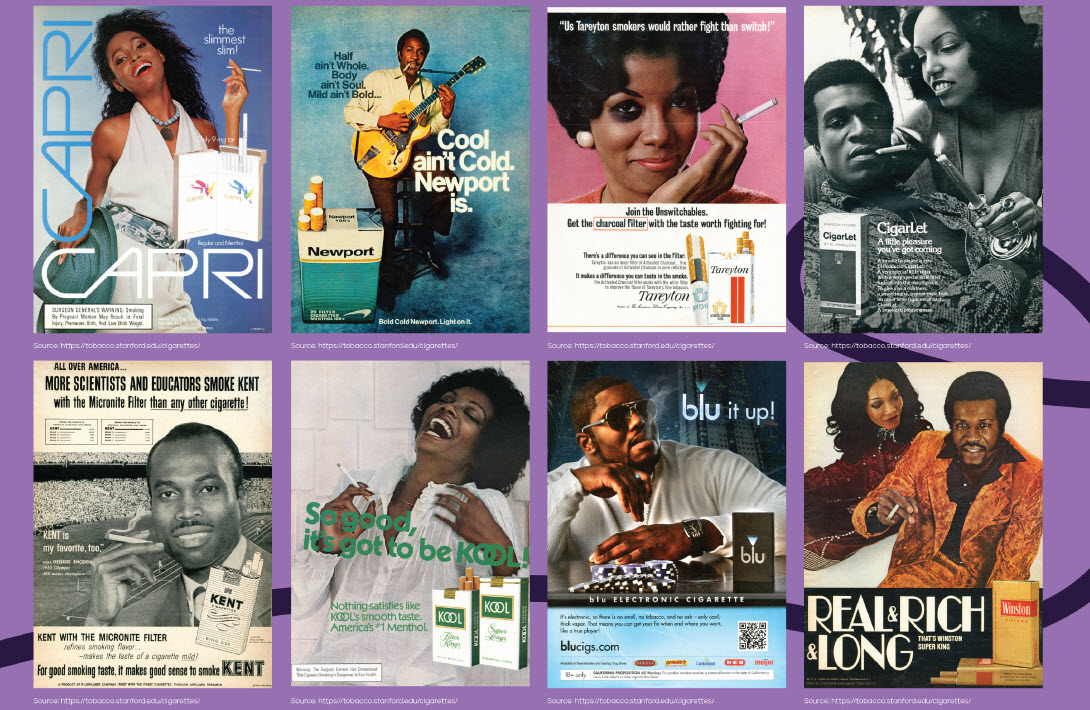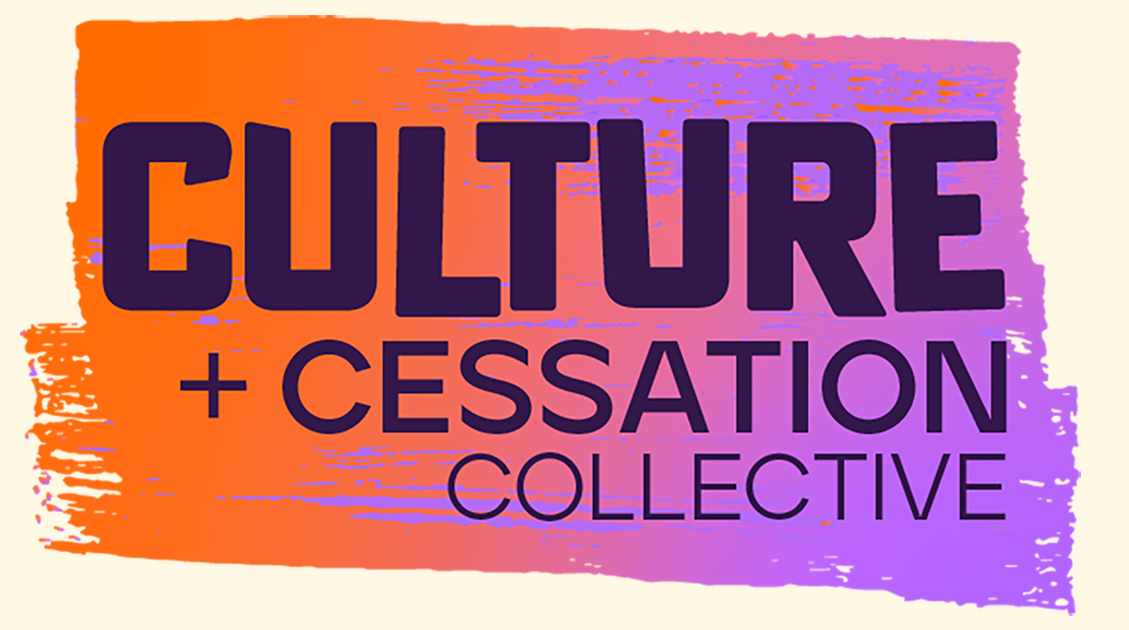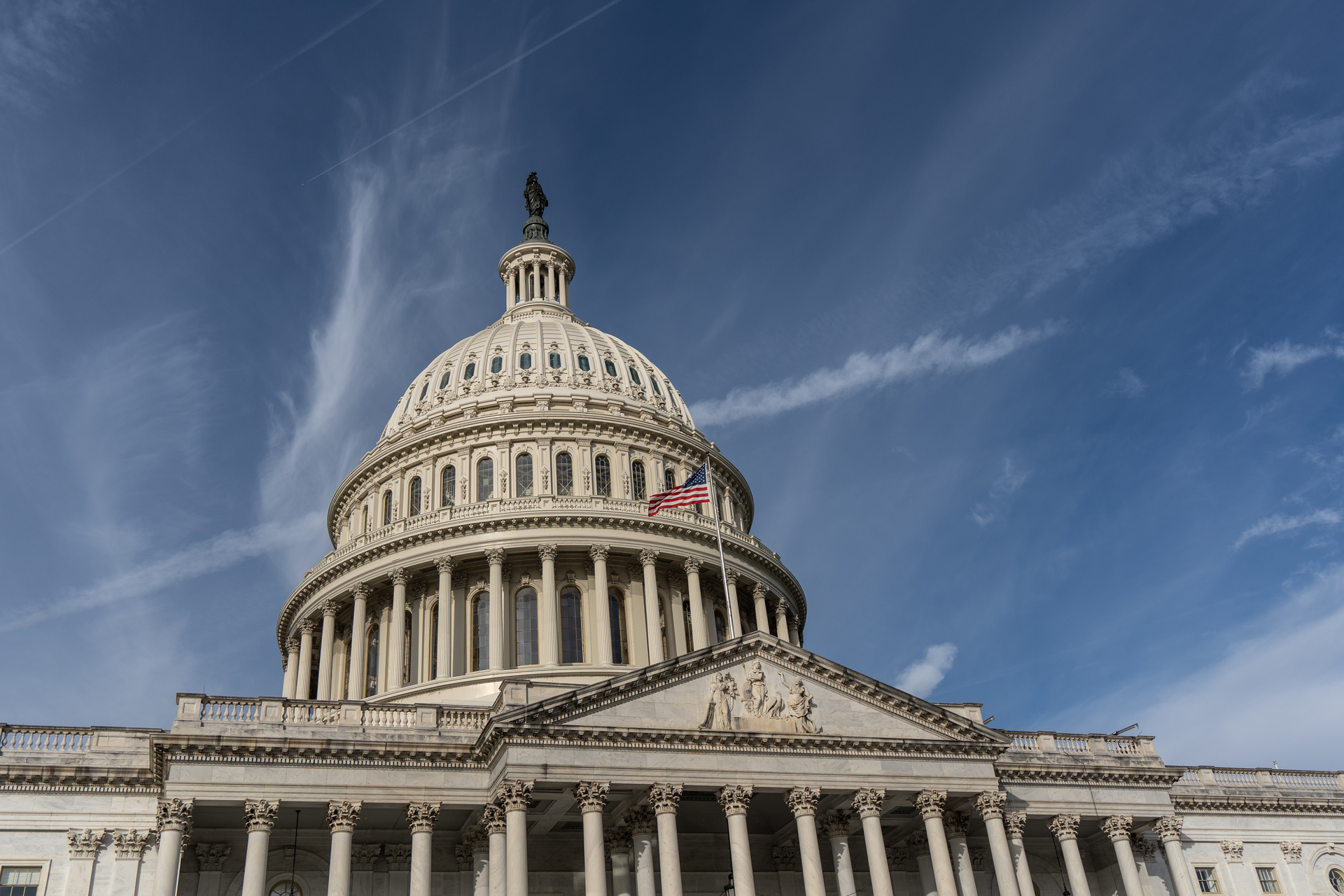
Exposing predatory tobacco industry tactics
The tobacco industry has strategically and aggressively targeted certain groups throughout history, including Black Americans, the LGBTQ+ community, and Hispanic and Latino Americans. Tobacco companies have inundated these communities with targeted marketing, discounts and coupons, and sponsored events – going as far as distributing free products to get people hooked. Today, these groups face higher tobacco marketing exposure, higher rates of tobacco use, and disproportionate health impacts.
Truth Initiative has exposed Big Tobacco’s predatory tactics through truth campaigns including “Read Between the Lies,” “Worth More,” and “Making Menthol Black.”
See research on targeted communities


